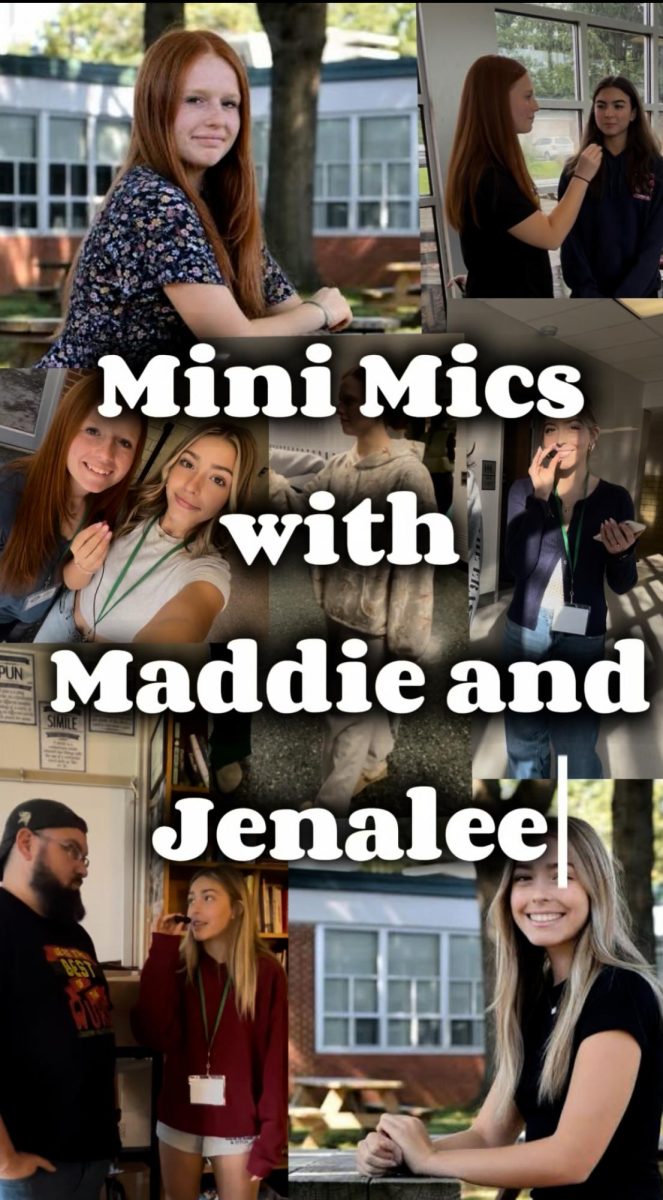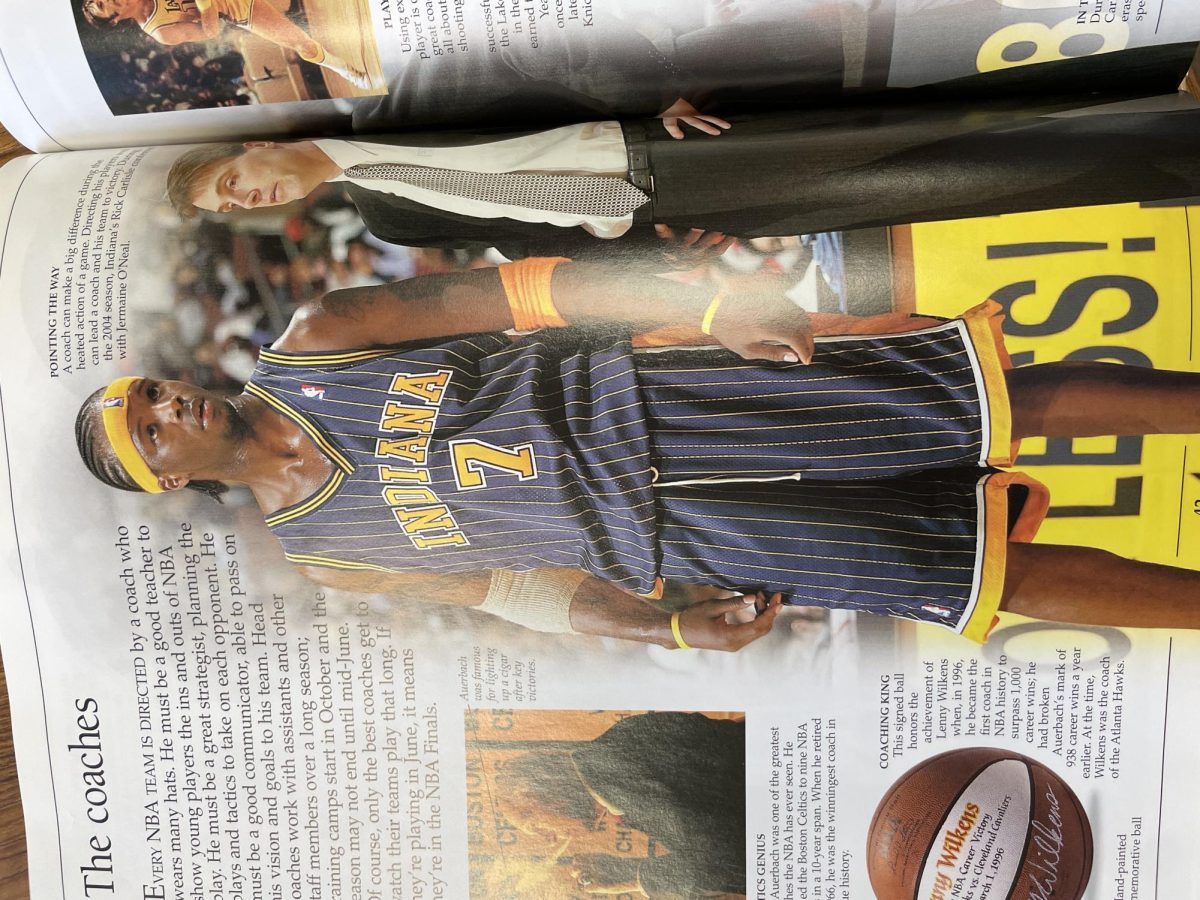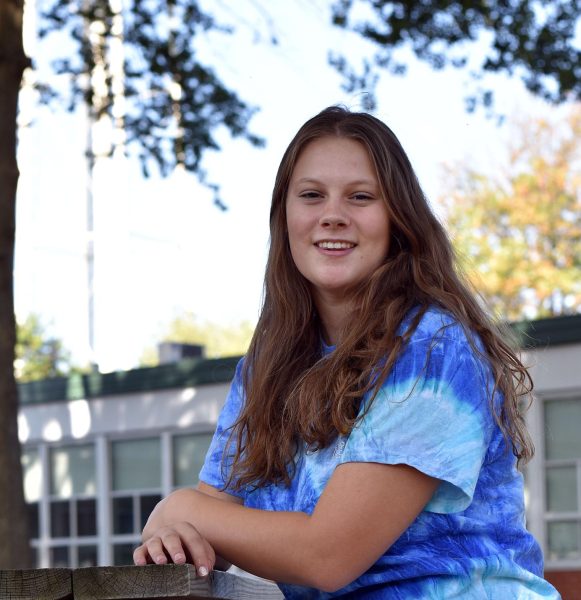Oh, how I love a good romance book. If you ever want to kidnap me, find a van and fill it with a colorful romance library because I will follow willingly. Just kidding. But seriously, I’m weak for a meet-cute.
The romance genre is so expansive. It encompasses many, many different tastes. It can range from fluffy to sexy and everywhere in between. I will say, some of them are disturbing, but who am I to judge?
Romance is built on tropes, now that nothing is actually original anymore. Tropes are plot devices or character types that create a narrative — also sometimes known as a cliche. But hey, cliches can be good. Some tropes include enemies-to-lovers (which is extremely popular), the chosen one (it’s what it sounds like) or unreliable narrator (basically, you can’t trust anybody).
These are broad definitions, so they are commonly broken down into micro tropes. A micro trope is a small moment or theme in a narrative to complement or advance the overall trope/theme. For example, a popular romantasy (yes that’s a word; it’s a cross between romance and fantasy) trope is only one bed. This is where characters are forced to share the same sleeping space… and you get the idea.
Micro tropes are great, but today I thought I would talk about my top three overall romance tropes. Let’s get into it.
3) Forced Proximity
This is what it sounds like. The two love interests are forced together through some circumstance, whether it’s work, an epic quest, roommates (like one of my favorites, “The American Roommate Experiment” by Elena Armas), stranded together, etc. This is commonly paired with enemies-to-lovers, as the tension is a little thicker if they despise each other.
I like this trope because it forces each character to confront each other with all their humanness. When you’re with someone 24/7, it’s inevitable that you’re going to see their flaws, learn their reactions, just basically understand who they are. It’s a foolproof way to make them understand how to interact and complement each other, fostering understanding and empathy.
This is how they learn to love each other, messy and vulnerable — utterly exposed instead of some fake facade and hiding behind whatever obstacle they can find.
2) Rivals-to-lovers
I don’t mean enemies-to-lovers. Gasp, I know. Don’t get me wrong, it can be good when it’s done well. That’s the kicker — when it’s done well. But most of the time, nowadays, when publishers are trying to crank out this trope, it feels like insta-love and infatuation instead of actual affection.
So rivals-to-lovers is my go-to instead, especially if they’re academic rivals. The competition between them builds the tension, and they get flustered that they can’t seem to beat each other — but that just constructs their admiration. They learn how to outsmart their counterparts, and to do that they need to understand what makes them tick. So, here we go again: they learn about each other, how their brains work and their problem solving skills. A great example of this is “Stalking Jack the Ripper” by Kerri Maniscalco (amazingly good).
Usually, they end up reluctantly working together toward some common goal, and boom, fall in love. Addicting, I know.
1) Friends-to-lovers
Man, this is a hot take. Most people agree that this trope is exceptionally boring. Where’s the tension? Where’s the excitement?
Well, let me tell you. There’s a reason this is my favorite. As you can tell by now, I like my romances built on connection, on knowing each other inside and out. And guess what? Good friends know each other amazingly well. And if they don’t in the beginning, they learn to.
The friends-to-lovers I’m drawn to is more of a sweeter, mutual connection than some of the more possessive ones I’ve seen. One of my all-time favorite books, “Lovelight Farms” by B.K. Borison did it so well, it’s my expectation for this trope now.
Usually, they’ve known each other for years and at least one of them is pining after the other for at least half that time. It can involve the fake-dating or second chance micro trope, and that helps the plot and the romance move along.
But honestly, I’m just here for the yearning.







